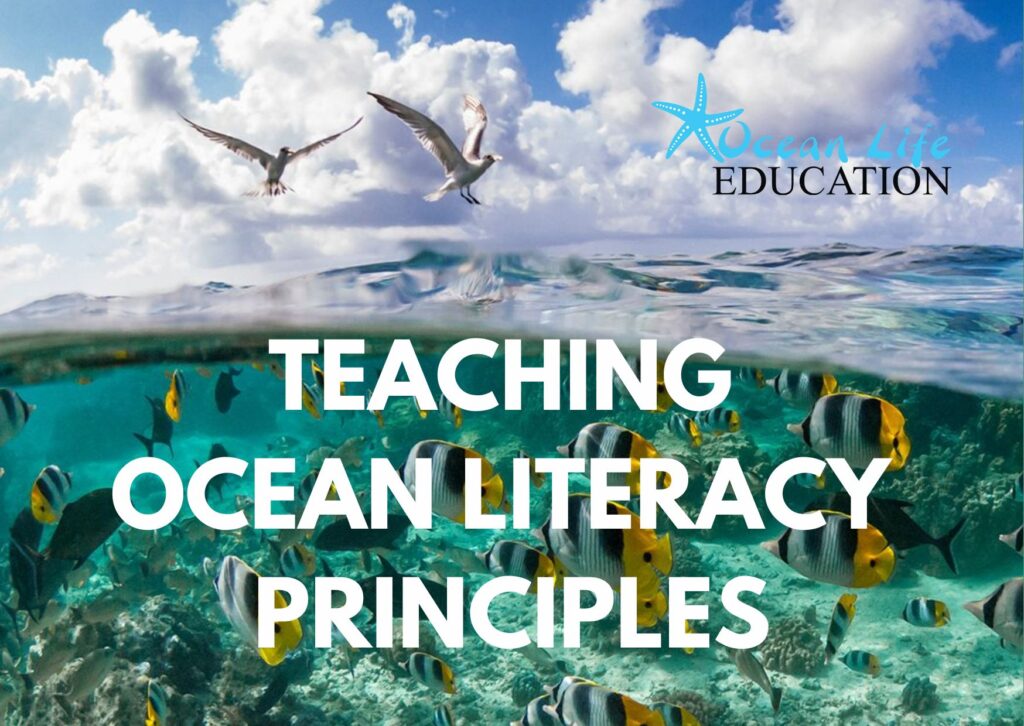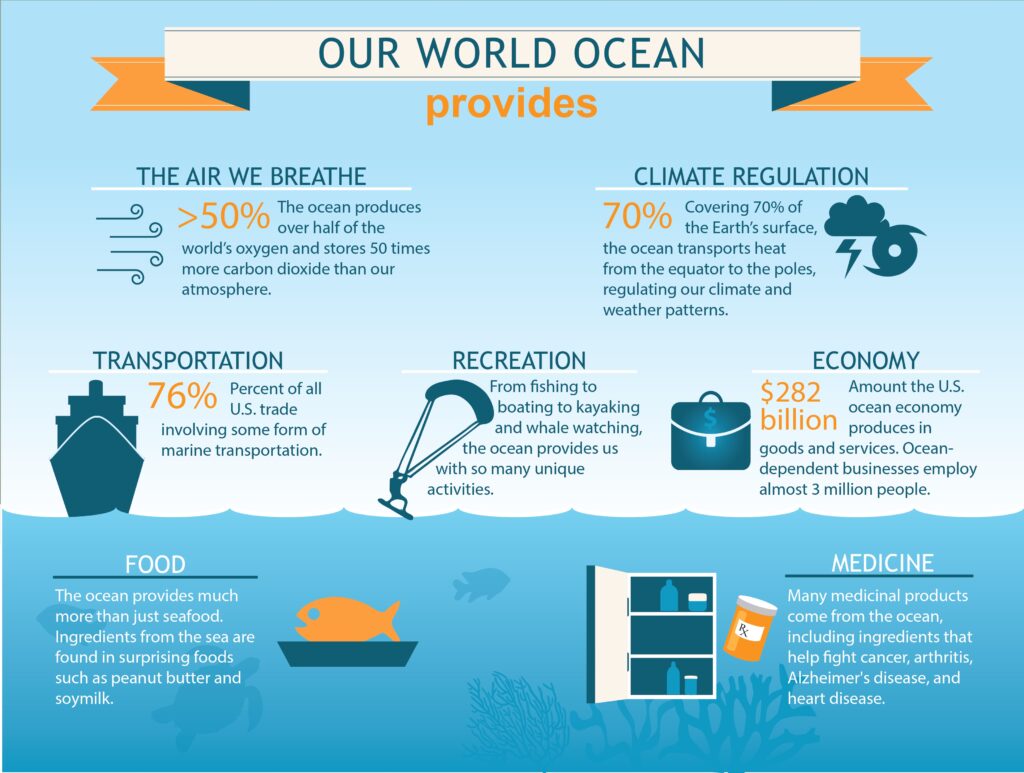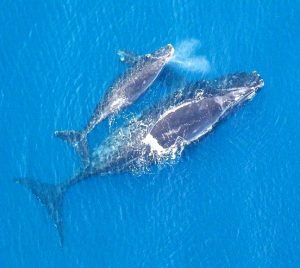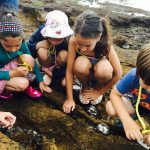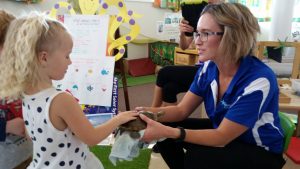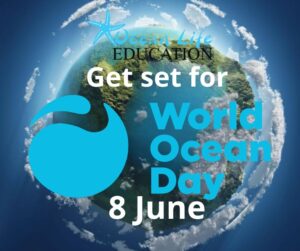
Every year on June 8th, the global community comes together to celebrate World Ocean Day and focus on the vital importance of our oceans. In 2024, the significance of this day resonates more deeply than ever before. So, it’s key that we educate our young people about the pivotal role of our oceans in sustaining life on Earth and make them aware of the challenges the ocean is facing. But how do we do that in a way that gives them hope and inspires them to want to learn more and take positive action to make a difference? Here are some great ideas to help you keep young minds optimistic as we get set for World Ocean Day Australia 2024.
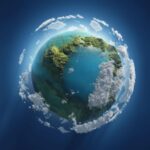 Let’s Talk about some Good News for a Start…
Let’s Talk about some Good News for a Start…
The good news is that there is a lot of great work being done to make a positive difference to the health of the ocean, such as the Ocean Cleanups Epic Win (see below).
And the other good news is that we have lots of engaging ideas for educating children in a fun manner so that they feel hopeful about the future.
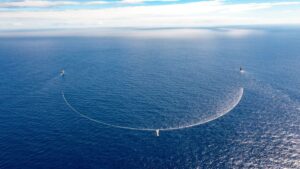 Positive News: The Ocean Cleanup’s Epic Win!
Positive News: The Ocean Cleanup’s Epic Win!
Great news for fellow ocean warriors! The Ocean Cleanup just hit a mega milestone in the battle against ocean plastic! They’ve managed to scoop out a whopping 220 tonnes of plastic from the Great Pacific Garbage Patch and fished out over 6,000 kilograms of plastic in just one go!
With these impressive efforts it’s no wonder it’s the largest clean up in history.
So, what is this garbage patch? It’s basically like a massive floating dump, bobbing about between California and Hawaii and covering an area three times bigger than France!
And the Ocean Cleanup crew is stepping up efforts in 2024 and aim to clean up 90% of floating ocean plastic pollution.
Click link below to find out more.
And let’s talk about the difference each individual can make
One person can make a significant difference to the health and well-being of the ocean through their actions and choices. Here are several ways an individual can positively impact the ocean on World Ocean Day 2024 in Australia.
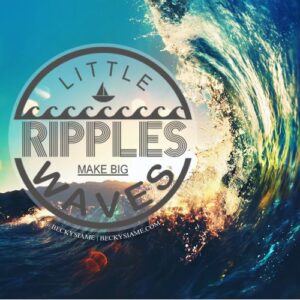
Reduce Plastic Use: By minimizing the use of single-use plastics such as bags, bottles, and straws, individuals can help prevent plastic pollution from entering the ocean.
Proper Disposal: Ensuring that waste is disposed of properly and recycled when possible prevents litter from ending up in waterways and eventually reaching the ocean.
Participate in Beach Cleanups: Joining or organizing beach cleanups helps remove trash and debris from coastal areas, preventing it from harming marine life.
Conserve Water: Conserving water at home reduces the amount of wastewater and pollutants that flow into rivers and eventually reach the ocean.
Choose Sustainable Seafood: Opting for sustainably sourced seafood helps reduce overfishing and supports fisheries that prioritize environmental conservation.
Educate Others: Sharing knowledge about ocean conservation and raising awareness about the importance of protecting marine ecosystems can inspire others to take action.
Support Conservation Efforts: Contributing to organizations and initiatives dedicated to ocean conservation helps fund research, advocacy, and restoration projects.
While the actions of one person may seem small, collective efforts can lead to significant positive changes for the ocean and its inhabitants. Every individual has the power to make a difference and contribute to the preservation of our planet’s most vital resource.
And how about…
Checking out the World Ocean Day for Schools ( 7 June 2024) official website and resources.
Or Why Not…
Book an educational incursion or excursion with one of our inspired Ocean Life Education team – click here to explore our programs.
Ocean Life Education’s World Ocean Day Blogs – featuring Activities & Resources
About Ocean Life Education
We visit centres for all with our lively team of marine animals, including Early Years, Primary & Secondary Schools, and Vacation Care settings. We also host events and excusions. All programs are tailored to your needs and delivered by qualified marine educators. Our aim is to to engage children to want to learn more about the ocean and to feel a duty to protect it..
Here are some resources you might find useful…
World Ocean Day Website & Downloadable posters


